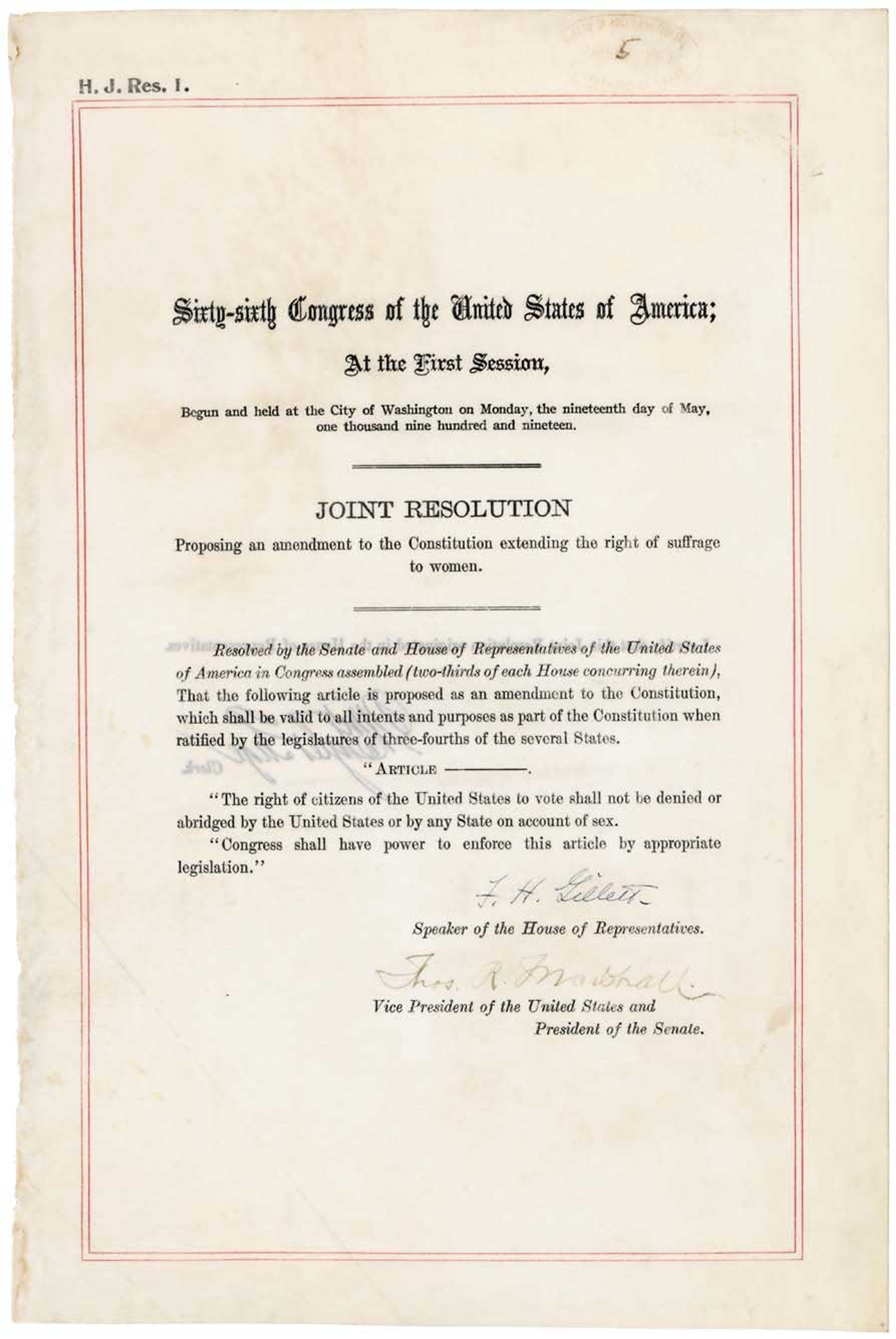By Jeff Long
When the hearing of certain names discourages you -- Roy Moore, Louis C.K., Kevin Spacey all come to mind immediately ----then it's time to think of different names. Names that uplift.
Billy Graham is one such name. The renowned revival evangelist, famous since the 1940s, turned 99 years old on Nov. 7. He has led a long, distinguished and admirable life. His family protects his legacy by restricting access to his North Carolina enclave, afraid that some reporter -- seeking a headline -- may ask the now-enfeebled Graham a gotcha question. One stray remark has the potential to undo decades of faithfulness to the Gospel. Good for them for standing in the breach and refusing admittance.
Billy Graham had a policy in his worldwide travels, one that makes eminent sense in a culture seemingly desperate to unseat those who have built their lives on virtue. Rev. Graham, before entering a hotel room, always sent an aide in first, for fear that someone may have spirited a woman, other than his wife Ruth, inside his suite along with a muckraking photographer. If you are familiar with Sinclair Lewis' novel "Elmer Gantry" and the 1960 eponymous movie starring Burt Lancaster, this is precisely the kind of scene described there.
Reputation must be zealously guarded. Raymond Donovan, secretary of labor in the Reagan Administration, was tried in the 1980s on federal fraud and grand larceny charges. He was acquitted after an eight-month trial. The then 56-year-old Donovan stood on the steps of the U.S. courthouse in New York City and asked assembled reporters, following the not guilty verdict, "Where do I go to get my name back?" There was no place to seek restoration. Donovan had beaten the charges but was destroyed nonetheless as a public figure.
On multiple occasions in the Gospels, we read of those who sought to destroy the popular esteem given to Jesus of Nazareth. Attempts to trap him into a comment with which he could be assailed always failed. The most famous effort was when he was asked if Jews should pay taxes to Rome. A "yes" would have emboldened critics who would have charged him as a vassal of Caesar. A "no" answer could bring charges of sedition and treason. He avoided either response with the masterful answer: "Give to Caesar what belongs to Caesar and to God what belongs to God" (Matthew 22:21).
The Old Testament judge known as Gideon knew not to reach too high. An able leader with an ability to unite unruly Israelite tribes toward a common objective, he declined the people's wish to make himself a king. "Neither I nor my son" will rule over you, Gideon promised (Judges 8:23). Not many can resist the trappings of power, yet Gideon seemed to know he was not cut out for such elevation and that absolute power would destroy him. It's also helpful to know your limits. In the end, though, Gideon succumbed to a measure of greed as he accepted plundered gold from a defeated enemy and made an ephod (an elaborate garment) out of it. Soon all of Israel began to worship this garment and the text tells us, "[the ephod] became a trap for Gideon and his family" (Judges 8:27).
Is anything worth your precious reputation? The fates of Messrs. Moore, C.K. and Spacey present us a cautionary tale.









